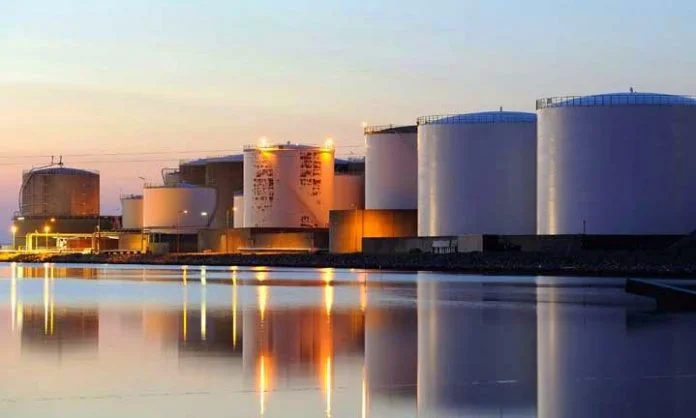Islamabad, Aug 15, 2025: In a decisive step to tackle smuggling, fuel theft, and adulteration, the government is gearing up to introduce a real-time Tracking of Petroleum Products system within the next month.
This advanced digital monitoring network will track every litre of fuel from import and production to storage, transportation, and retail, aiming to recover annual revenue losses estimated at Rs. 300–500 billion.
Backed by the recently enacted Petroleum (Amendment) Act 2025, the initiative empowers authorities to use cutting-edge IT solutions for round-the-clock monitoring of the petroleum supply chain. It also grants stronger enforcement powers by coordinating efforts between multiple agencies to regulate fuel storage, transportation, and sales.
This reform replaces the outdated Petroleum Act of 1934, bringing modern provisions such as digital tracking and authorizing deputy commissioners, assistant commissioners, and customs officials to seize smuggled or illegally stored fuel even before court convictions.
The Oil and Gas Regulatory Authority (Ogra), working closely with industry stakeholders, has finalized the technical framework to ensure seamless implementation. The system will cover petrol pumps, transit routes, and approved storage depots, creating full supply chain visibility and minimizing loopholes exploited by fuel smugglers.
The urgency of this reform stems from alarming smuggling statistics. A 2020 investigation under former Prime Minister Imran Khan revealed oil smuggling worth over Rs. 250 billion annually from Iran. In April 2024, an intelligence report estimated that 10 million litres of Iranian petrol and diesel enter Pakistan daily, costing the exchequer over Rs. 227 billion. The same report uncovered 533 illegal petrol pumps, over a hundred known oil smugglers, and the involvement of personnel from multiple law enforcement agencies.
To combat this, the amended law imposes strict penalties. Anyone involved in illegal import, transportation, storage, refining, or sale of petroleum products will face fines starting from Rs. 1 million, with repeat offenders fined up to Rs. 5 million. Facilities without valid licences will be sealed, their fuel confiscated, and owners fined Rs. 10 million. For expired licences, operators have six months to renew or face permanent closure, confiscation of assets, and a Rs. 1 million fine.
If premises are found selling smuggled fuel, the law mandates immediate shutdown, cancellation of the operating licence, confiscation of assets, and a fine of Rs. 100 million. Vehicles used for smuggling will be seized under the Customs Act 1969, with proceedings starting even before conviction.
Trial authority lies with the Sessions Court, while administrative enforcement rests with deputy and assistant commissioners. Appeals can be made to the High Court within 30 days of the ruling.
Read More: Govt to Track Petrol, Diesel Digitally to Stop Rs. 500B Smuggling
By introducing a robust Tracking of Petroleum Products system, the government aims to eliminate smuggling networks, safeguard legitimate businesses, and recover billions in lost revenue—marking a turning point for Pakistan’s petroleum sector.









